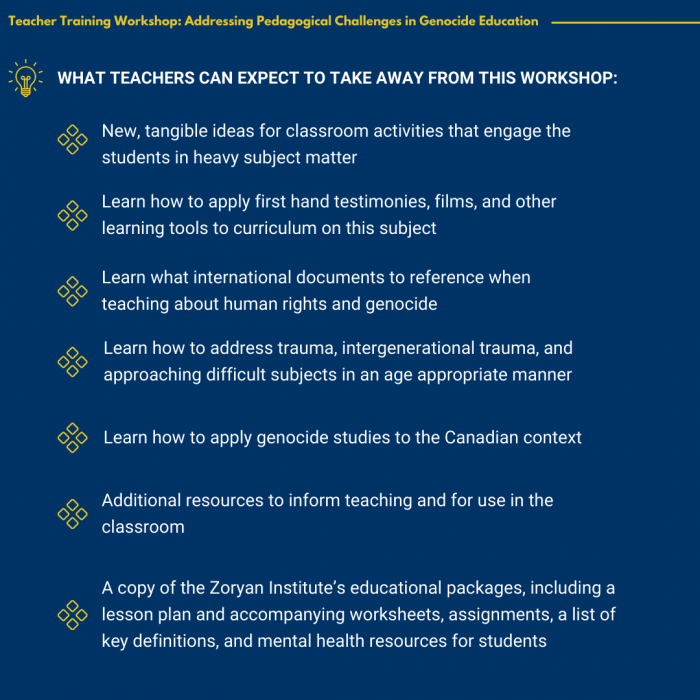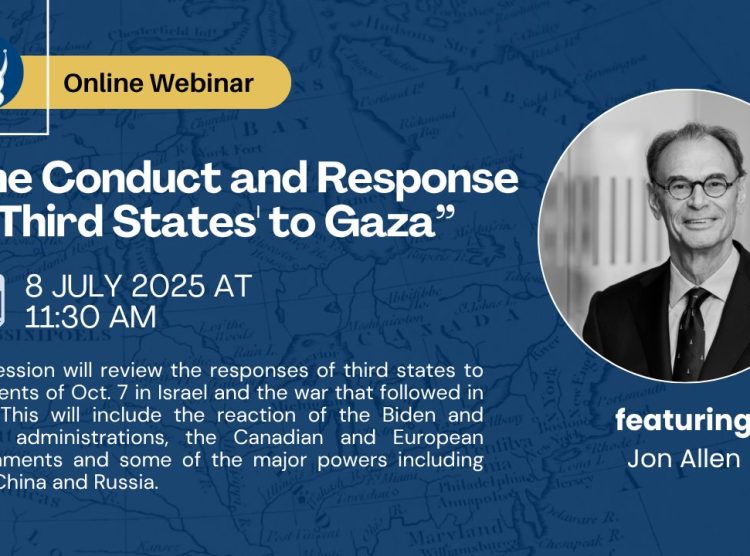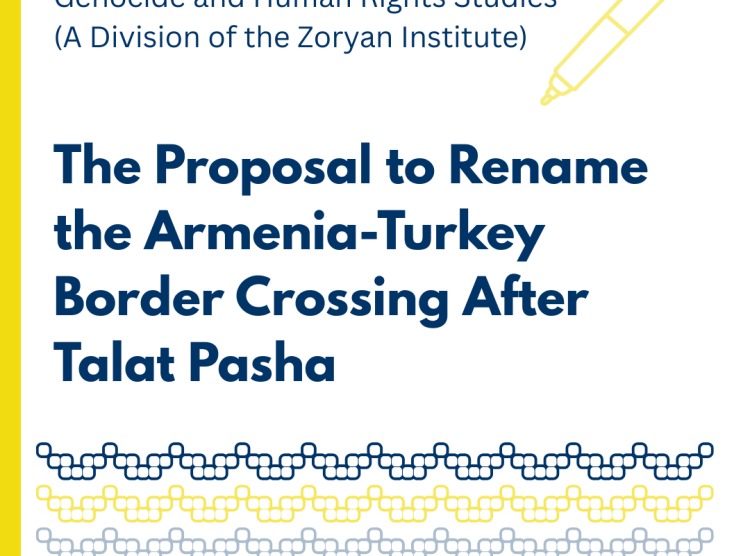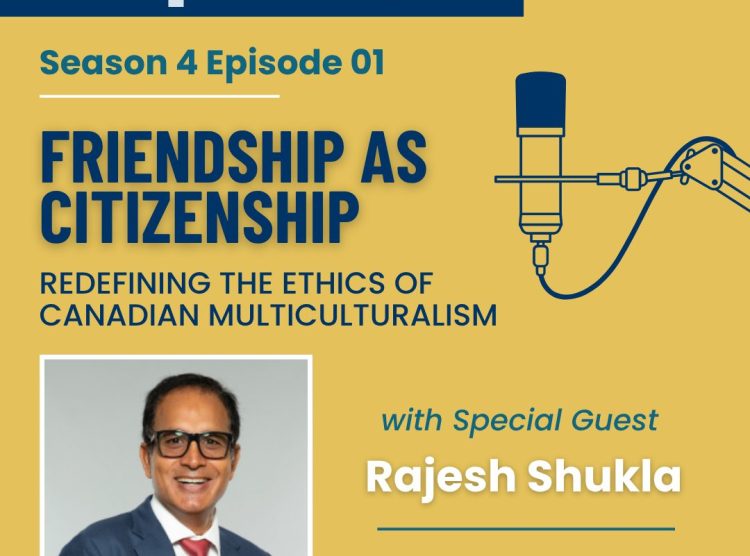July 29, 2022 – The Zoryan Institute is pleased to share details on its upcoming teacher training workshop, Addressing Pedagogical Challenges in Genocide Education at a Secondary School Level. This workshop, taking place virtually over Zoom on August 23rd, 2022 between 4:00PM and 5:30PM EST, will equip Ontario secondary school educators with knowledge, tools and best practices to teach high school students about the complex and often emotional issues related to human rights and genocide. The knowledge that teachers will gain from this workshop will encourage open dialogue and critical reflection, and allow students to understand their responsibilities as global citizens to protect human rights and prevent future genocides.
Delivering comprehensive and effective genocide and human rights education to today’s youth is becoming increasingly important in the face of rising inequality, violent extremism, growing conflicts and tensions around the globe, and misinformation circulating through social media, forming the opinions of future generations. In their roles, teachers are uniquely positioned to raise awareness about issues of human rights and genocide among students, and to promote their active engagement in bringing about positive social change.
This workshop is designed and led by Genocide and Human Right University Program Course Director, and specialist in pedagogy, Prof. Joyce Apsel, in collaboration with Zoryan Institute staff and volunteers. As former Director of Education of the Anne Frank Center USA, and Founder and Former Director of RightsWorks, Professor Apsel has extensive experience leading teacher training and high school-level programs and workshops internationally on issues ranging from genocide and human rights curriculum development, including incorporating age-appropriate literature into curricula, and tailoring curriculum content to reflect the context in which programs are being delivered, to addressing bullying and other forms of intolerance.
The workshop will be hosted in a Zoom meeting format, giving participants the ability to engage in discussion and ask questions about their current curricula.





